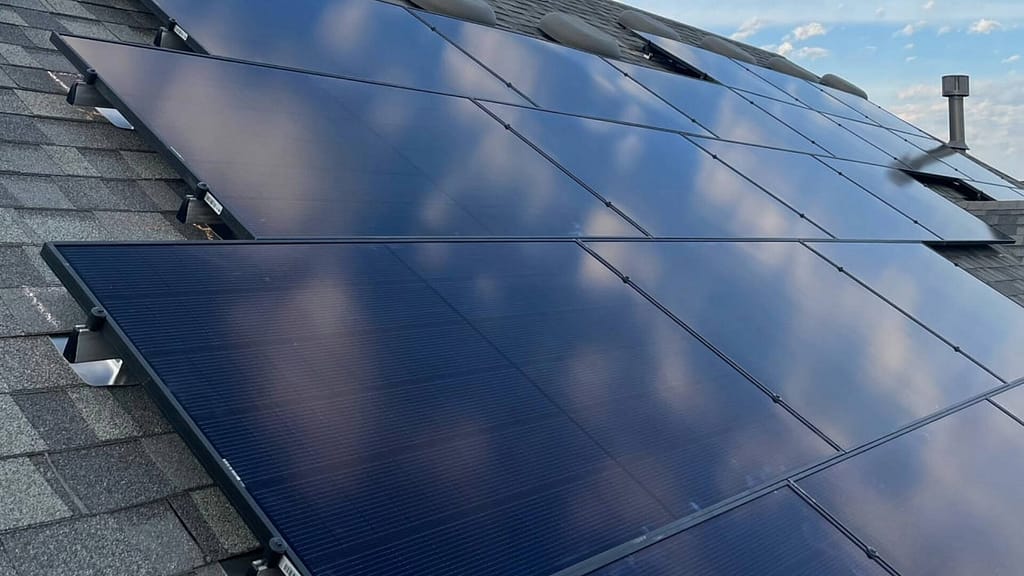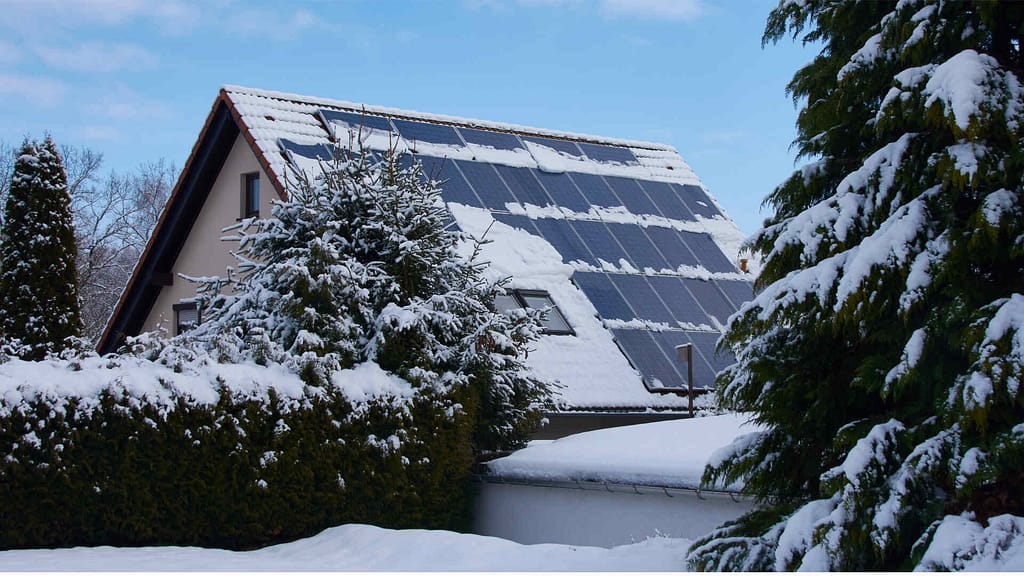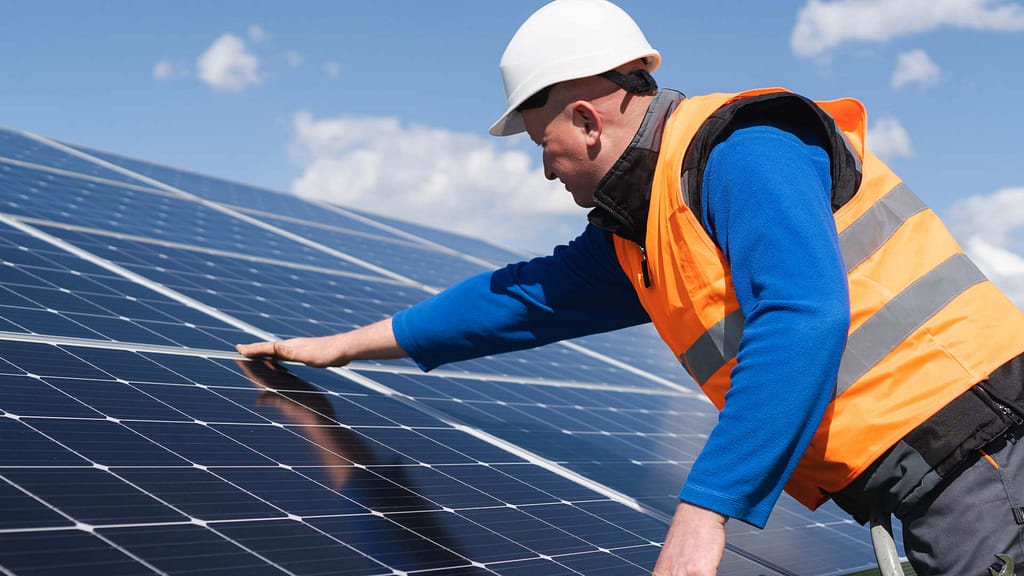
Wondering about solar panel longevity? Typically, they last 25-30 years, but with care and advancements, even longer. This post explores how to maximize their lifespan.
Average Lifespan of Solar Panels
When thinking about solar panels, one of the first questions many people ask is, “How long will they last?” The good news is that solar panels are designed to be a long-term investment. On average, solar panels can last anywhere from 25 to 30 years. However, it’s important to note that “lifespan” doesn’t mean the panels stop working after this time. Instead, this is typically when their efficiency—how well they convert sunlight into electricity—starts to decrease more significantly.
Over the years, technology has played a big role in making solar panels more robust and longer-lasting. Innovations in materials and manufacturing processes have improved their durability and resistance to environmental factors, such as extreme weather and UV exposure. This means that modern solar panels not only last longer but also maintain their efficiency better over their lifetime.
Factors Influencing Solar Panel Longevity
The lifespan of solar panels is a key factor for anyone considering solar energy. While we often hear that solar panels can last for decades, several factors can influence how long they actually keep performing well.
Quality of Solar Panel Manufacturing
The way solar panels are made plays a huge role in how long they last. High-quality solar panels, produced using top-notch materials and strict manufacturing processes, are more likely to withstand the test of time. These panels are designed to be tough, resisting wear and tear better than their lower-quality counterparts. In simple terms, investing in solar panels from reputable manufacturers might cost a bit more upfront, but they’re likely to last longer and perform better, saving money in the long run.
Environmental Factors

The environment around your solar panels can also affect their longevity. Things like harsh weather (heavy snow, strong winds, hail) and extreme temperatures (very hot or very cold) can put a lot of stress on solar panels. Even the amount of sunlight they get can impact their lifespan; more sunlight means more energy production but also more wear. However, it’s worth noting that modern solar panels are designed to handle a wide range of weather conditions, so while the environment can have an effect, it’s usually not a deal-breaker for the durability of well-made panels.
Maintenance and Care
How you take care of your solar panels can make a big difference in how long they last. Regular maintenance, like cleaning them and having them inspected for damage, can help keep your panels in top shape. Think of it like taking care of a car; with the right attention and care, it can run well for many years. For solar panels, this means checking for and removing any dirt, leaves, or snow that might block sunlight and reduce efficiency. Simple actions like these can extend the life of your solar panels, ensuring they continue to provide clean energy for as long as possible.
Signs of Aging in Solar Panels
As solar panels get older, they start to show signs that they’re not as young and efficient as they once were. Just like anything else that ages, these signs can be spotted if you know what to look for.
Physical Signs
One of the easiest ways to tell if your solar panels are aging is by looking at them. Over time, they might show physical changes that you can see. For instance, discoloration is a common issue. This means the panels might not look as bright or clear as they used to, which can happen due to long-term exposure to the sun and the elements. Another sign is delamination. This is when the layers of the solar panel start to separate or peel apart. Imagine a sticker starting to peel off a surface; similar thing happens here, which can let moisture in and cause further damage.
Performance Issues
Apart from what you can see, aging solar panels might also start to falter in how well they perform. The most straightforward sign of this is decreased efficiency and output. Basically, the panels don’t convert sunlight into electricity as well as they used to, leading to a drop in the amount of power they produce. This can be especially noticeable if you keep track of your electricity production and see a decline over time. It might start small, but as the panels continue to age, this decrease can become more significant, impacting how much you save on your energy bills.
A study in 2012 by a group called the National Renewable Energy Laboratory (NREL) discovered that solar panels produce about 0.8% less electricity each year. This decrease is known as the solar panel degradation rate.
Extending the Life of Your Solar Panels

Regular inspections by trusted solar providers like Good Faith Energy are crucial for solar panel efficiency and longevity. They offer comprehensive services, including roof and solar panel maintenance, ensuring systems meet energy needs effectively. Annual checks can prevent minor issues from becoming major, saving costs and extending panel lifespan. Good Faith Energy is renowned for assisting with all solar needs, making them a go-to for solar maintenance and repair.
Protective Measures Against Environmental Damage
Solar panels are built to withstand a lot, but taking extra steps to protect them from environmental damage can help them last even longer. For example, if you live in an area with a lot of snow, investing in a snow guard can prevent heavy snowfalls from damaging your panels. Similarly, if you’re in a region prone to high winds, making sure your panels are securely mounted can help prevent them from being dislodged. Lastly, consider installing guards or netting to keep birds and squirrels away, as they can sometimes chew on wiring or leave droppings that are hard to clean.
Conclusion
Concluding our discussion on solar panel longevity, it’s evident that they offer more than just a short-term solution; they’re a robust, long-term commitment to sustainable energy. From learning about their expected lifespan to identifying aging indicators and implementing measures to enhance their durability, we’ve seen the significant benefits of investing in solar technology. Solar panels, with an average lifespan of 25 to 30 years—and possibly more with the latest technological improvements and meticulous maintenance—are a solid proof of solar energy’s viability and environmental friendliness. So, if you’re a resident of Texas considering solar panels for your home or business, reaching out to Good Faith Energy, a trusted expert in solar provision, is a wise step towards harnessing this renewable resource efficiently.
Fact checked by Jacob Petrosky – 4/1/2024